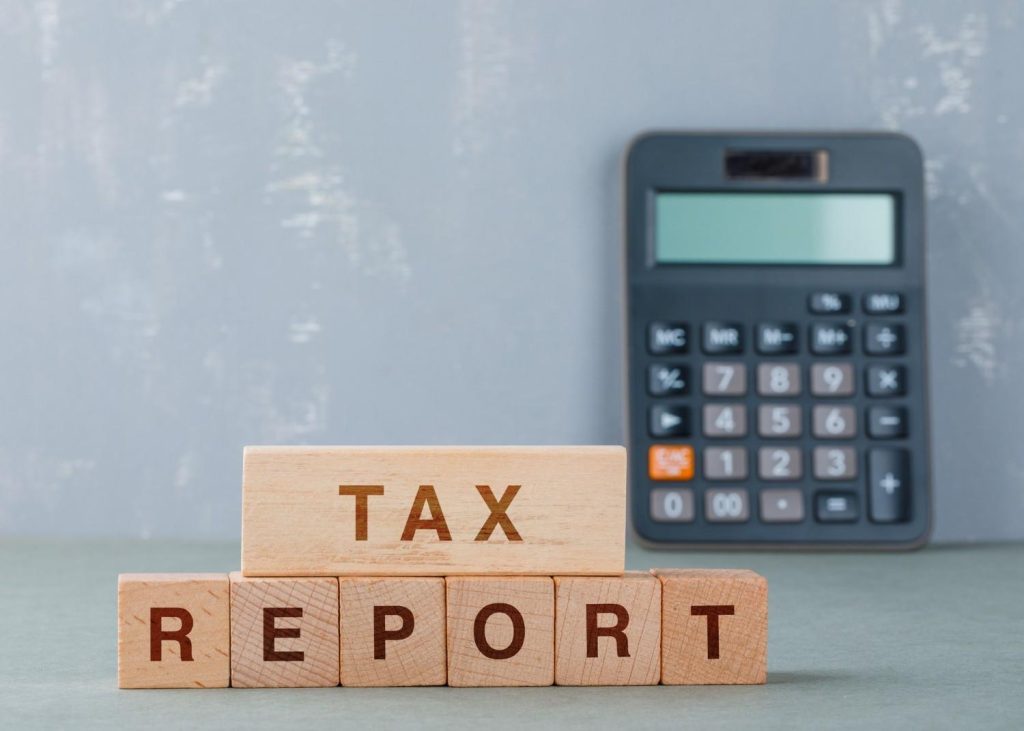Key Updates to UAE Corporate Tax Law: What Businesses Need to Know

Corporate tax in Dubai has become a significant compliance requirement for businesses in the country. The new framework corresponds to the global taxation standards and helps improve taxation transparency, attract international investments, and boost economic development in the country. However, it also requires businesses to be vigilant in ensuring compliance with the UAE Corporate Tax Law.
JAXA Chartered Accountants is a licensed auditor in Dubai that offers customized solutions to help businesses manage this complex tax landscape efficiently and accurately.
Get to know the corporate tax framework
The Federal Decree-Law No. 47 of 2022 lays down the framework for UAE Corporate Income Tax. Both residents and non-resident businesses are covered by this law:
- Resident Businesses: Businesses incorporated or registered or controller from/in the UAE are taxed on worldwide income.
- Non-Resident Business: They are taxed only on the income arising from UAE via a permanent establishment or nexus, in the UAE.
This progressive system stresses competitiveness and compliance with the objective of fair contribution toward economic growth.
Key updates and amendments under UAE corporate tax.
The Ministry of Finance in the UAE (MoF) recently announced proposed amendments to the UAE Corporate Tax Law which are set to be introduced in the near future. The proposed changes are as below:
- Introduction of Domestic Minimum Top-up Tax (DMTT)
Back in October 02, 2023, Federal Decree-Law No. 60 of 2023 was issued proposing to tax a Multi National Entity (MNE) at a higher rate of tax than the normal 9% UAE Corporate Tax rate. This was to abide by the OECD guidelines to apply higher rate of tax on MNE’s whose global turnover is EUR 750 million or more (i.e. approximately AED 3 billion).
The MoF has now proposed to introduced DMTT @ 15% on MNEs, starting on or after January 01, 2025. This higher rate of UAE Corporate Tax will apply on MNE’s with consolidated global revenues of €750 million or more in at least two out of the four financial years immediately preceding the financial year in which the DMTT applies.. The UAE’s implementation of the DMTT will closely align with the OECD’s GloBE Model Rules.
JAXA Chartered Accountants, being a registered tax agent in Dubai remains at the forefront of these developments, providing expert guidance to businesses affected by these updates.
- Tax Incentives on Research and Development (R&D) Expenditures
To spur innovation and sustainability, the UAE is proposing to introduce tax incentives on R&D expenses starting from January 1, 2026. The R&D tax incentive will be expenditure-based, offering a potential 30-50 percent tax credit and will be refundable depending on the revenue and number of employees of the business in the UAE. The scope of Qualifying R&D activities will be aligned to the OECD’s Frascati Manual guidelines and will be required to be conducted within the UAE.
This incentive will encourage businesses to invest in research and development activities that align with innovation and economic growth plans of the UAE
- Tax Credit for High-Value Employment Activities
A Major challenge faced by any developed economy is brain drain and shortage of skilled personnel who can be vital to the long term goals of the country. The next proposed incentive aims to encourage businesses to engage in activities that deliver significant economic benefits, stimulate innovation, and enhance the UAE’s global competitiveness.
UAE has proposed the introduction of tax credits on eligible salary costs of C-suite executives and other senior personnel performing core business functions that add substantial value to the UAE economy. This amendment would take effect on January 01, 2025 and will be granted as a percentage of such eligible salary costs spent on such personnel.
The final form and implementation of the above-mentioned proposed incentives, are subject to legislative approvals and the Ministry of Finance will provide further details and guidance in due course on these amendments to the Corporate Tax in UAE.
Conclusion
The Corporate Tax in Dubai marks a transformative step toward economic sustainability and global alignment. Businesses must adapt strategically to ensure compliance while leveraging available incentives. Tax consultants in Dubai can give proper guidance to benefit from the tax incentives available in UAE.
JAXA Chartered Accountants provides specialized corporate tax filing services, audits, and financial management. With such expertise, businesses are equipped to navigate Dubai’s 2024 corporate tax rate appropriately, thus allowing them to focus on growth and success in the fast-paced UAE market.
Utilize the expertise of JAXA to protect your business while seamlessly adapting to Dubai’s tax regulations.